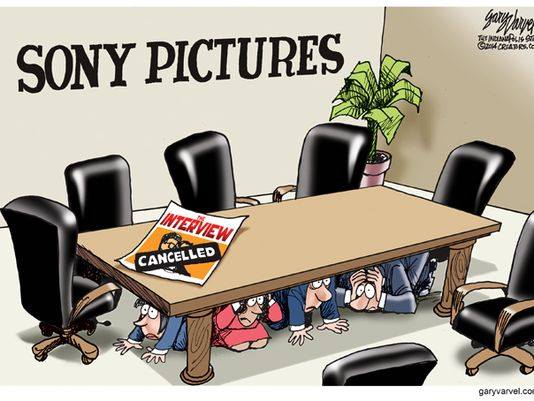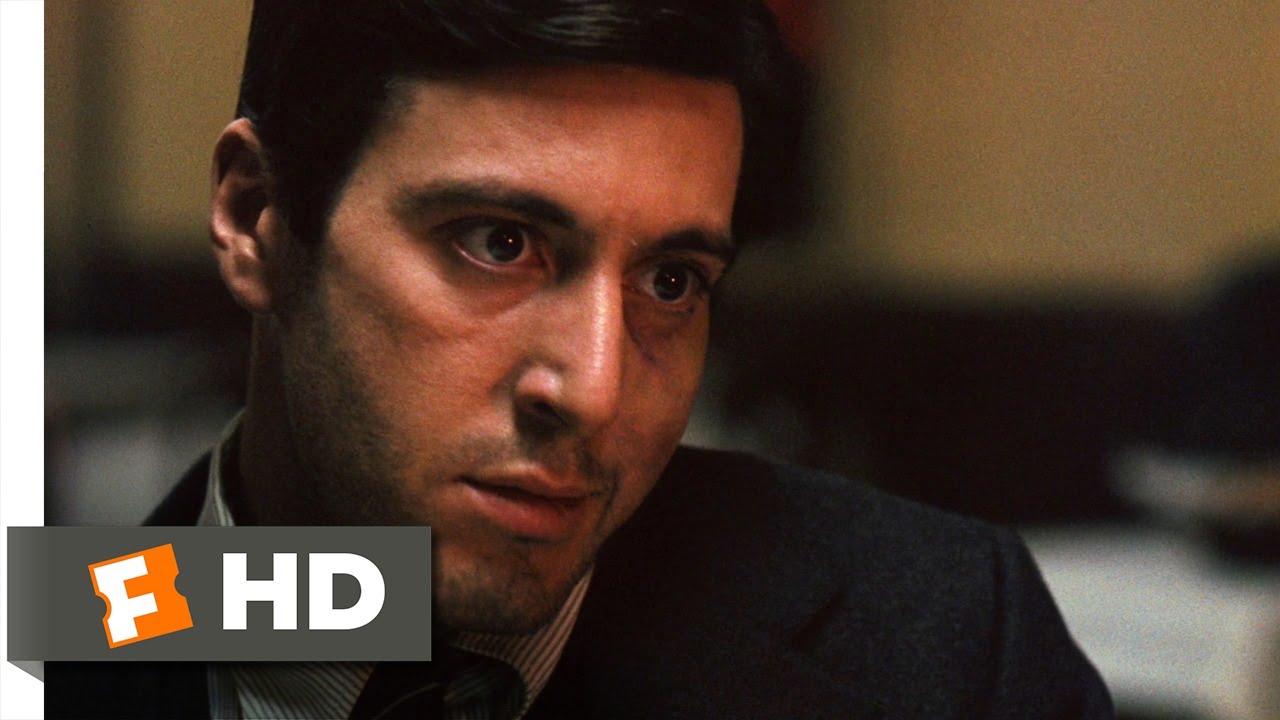
Picture this. You’re watching a new movie about a twisted killer, hunting down his victims one by one, brutually torturing, and eventually murdering them. This isn’t uncommon. Our society has become obsessed with dark and violent media such as crime shows, thrillers, and horror movies. Your eyes stay glued to the screen as the victim hides under the bed. You hold your breath and hope that they make it out alive. You feel like you are the victim. You feel afraid because you feel as if it is happening to you. You have come to the conclusion that this character is a good person and doesn’t deserve what’s happening to them. You must be more similar to the victim than to the villian. Right?
The film “Funny Games” argues that we might have more in common with the villains than we think. Funny Games is an Austrian film that was made in 1997 and then remade as an American version in 2007. The movie follows a wealthy couple and their son at their vacation home, as they are tormented by two young men who show up at their door and refuse to leave. The family is told that they will all be killed in twelve hours, and the rest of the film shows their slow torment.
The director, Michael Haneke, intentionally made the movie uncomfortable to watch, filling it with long scenes of both physical and psychological torture being enflicted on the family. Perhaps one of the most memorable aspects of the film is when one of the young men breaks the fourth wall looking directly at the camera and saying “What do you think? Do you think they stand a chance? You’re on their side aren’t you?” This moment cuts the tension of the scene, and serves as a reminder that we are just watching a movie.
But the real intention of the movie is not to just keep viewers interested by showing slow torture and bizarre fourth wall breaks, these are merely tactics used to guide us to a realization. The realization is that we are enjoying watching this family be tortured, just as the two young men are. We are engaged in the movie solely because of the disturbing, fear invoking moments. Without them our interest would be lost. So while we may think we are rooting for the family, hoping they somehow survive this horrific situation, the reality is that we are secretly enjoying their struggle. That darkness is what makes the movie. It leaves us with one main question: does enjoying watching these dark, torturous moments make you just as sick and sadistic as the fictional characters inflicting them?








This is a super interesting thought, one that I have inquired about for a long time as well. I do wonder why we as a collective are drawn to dark, violent, or frightening forms of media. Can it be argued that we are sick and sadistic for watching it or do we just enjoy the adrenaline that it brings? I think it is interesting that mostly all news is negative and that people consume this negative news daily and find it interesting. I think it is difficult to draw the line between finding something interesting, or resonating with it. I do not resonate with horror movies when I watch them and usually turn them off because I get too scared or upset by them. However, those who do constantly binge all of this disturbing media may have some possible issues.
This article brings up an interesting point…because even tho we as the audience are rooting for the victims suffering the torture to survive, there is some weird sense of feeling like you want to continue watching (even if it makes you uncomfortable). Maybe for some people, it’s just to see how the movie ends while maybe for others, they are intrigued by the killer’s actions.
Those fear invoking moments are interesting because they give us a sort of thrill. We aren’t fearing for our lives because we know we’re in a safe place so we are able to enjoy the entertainment that these horror movies bring. It’s not that watching too many of these disturbing/violent horror movies will cause you to turn into the killers of those movies. The majority of people are able to separate fiction from reality.